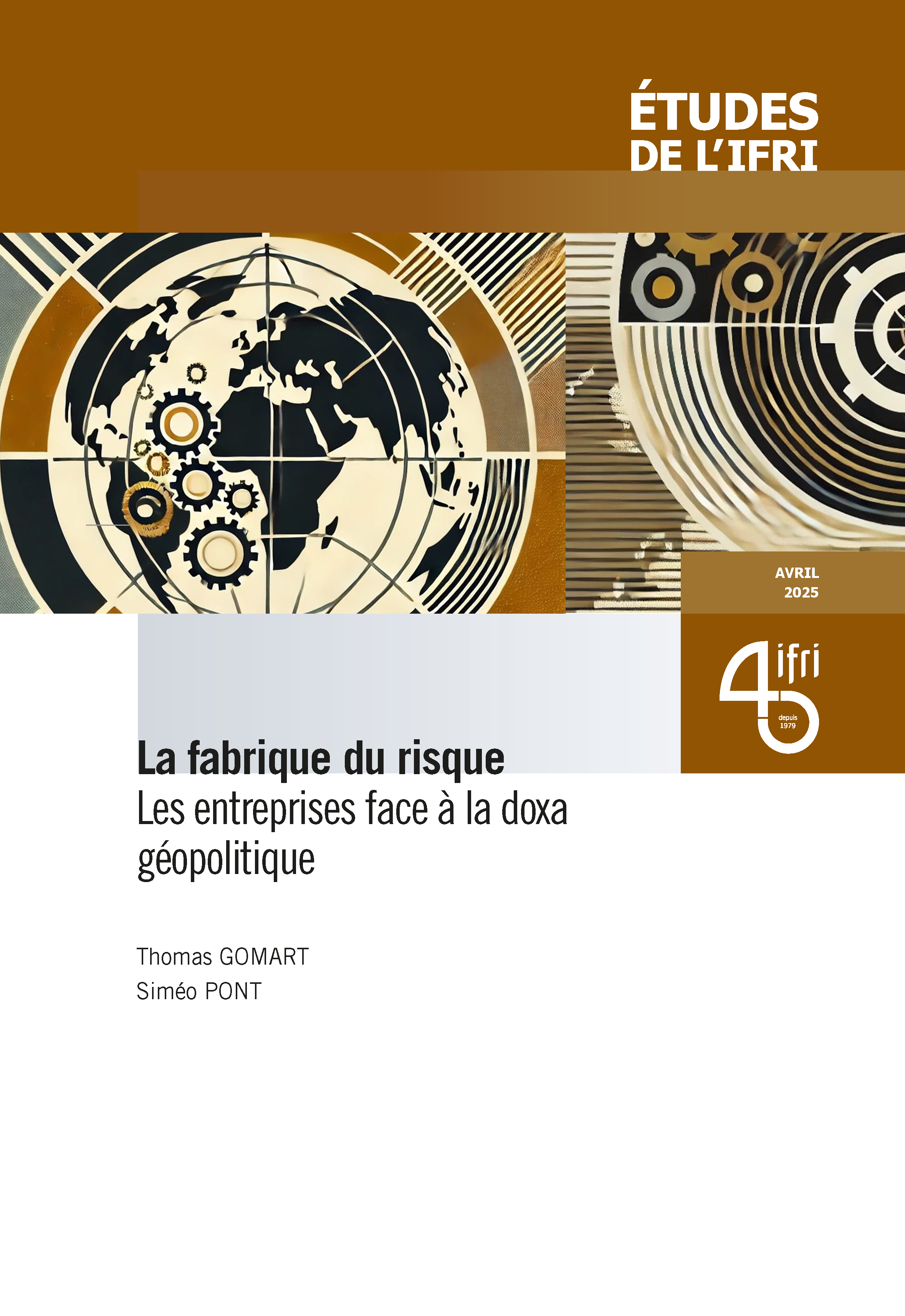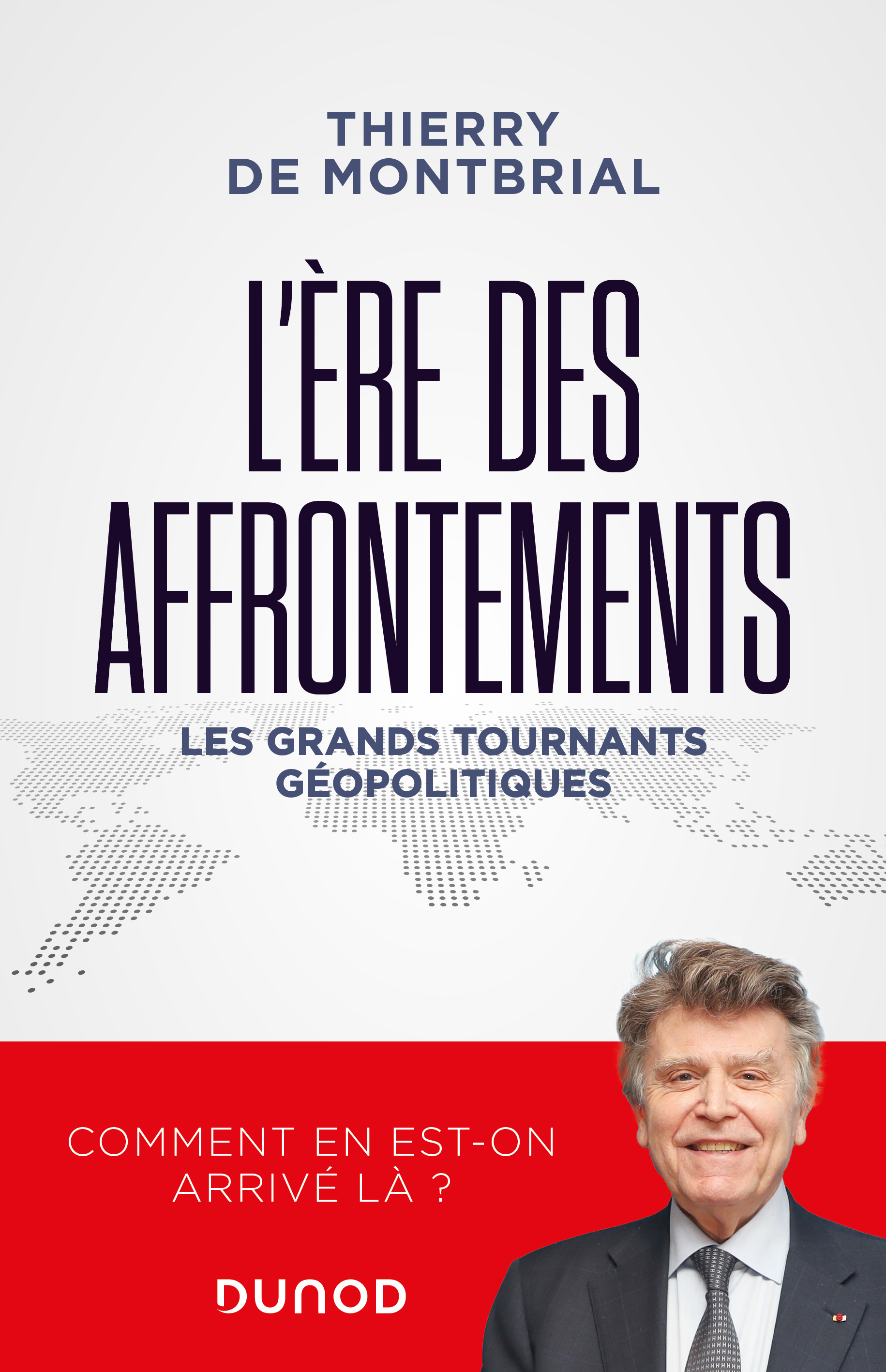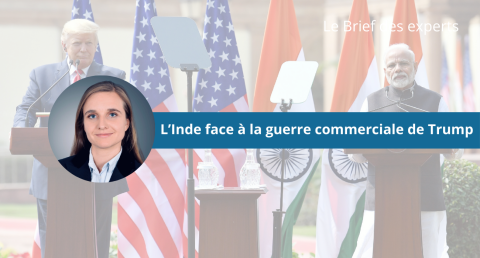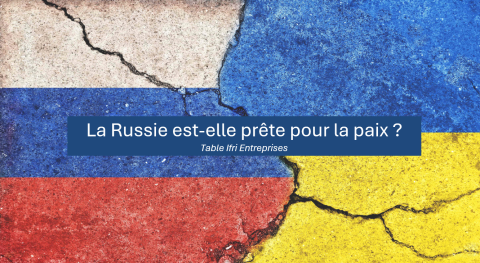European Unconventional Gas Developments: Environmental Issues and Regulatory Challenges in the EU and the US

Informations pratiques
Thématiques et régions
Centres et programmes liés
Ceci est un événement réservé.
En savoir plus sur nos programmes de soutienA conference hosted by the Atlantic Council of the United States and l'Institut français des relations internationales Unconventional gas production has recently seen rapid growth in the United States, and brought with it its share of technical, environmental and social issues. Despite these issues, which are the subject of a current Environmental Protection Agency review, it is thought that unconventional gas might play a major role in the future energy makeup of the United States. Europe also has reserves of unconventional gas - in the form of tight sands and coal bed methane as well as shale gas - which may be exploited in the near future if it is viable to do so. It is thus advantageous for Europeans and Americans alike to seek to gain a better understanding of the issues surrounding this new energy source.
Following a preliminary workshop in Washington DC hosted by the Atlantic Council on 25th January 2011, and two previous workshops held by Ifri in Brussels on 7th May and 29th September 2010, the two organisations will collaborate to convene a further meeting in Brussels on the 14th March. This meeting will aim to collate views from both sides of the Atlantic in order to gain a better understanding of environmental issues related to unconventional gas resources, with a particular focus on the issue of public acceptance.
Replay
Sujets liés
Autres événements

Le retour de la « grande coalition » – quel leadership allemand dans un monde incertain ?
Le nouveau gouvernement allemand, une « grande coalition » probablement dirigée par Friedrich Merz, va devoir faire face à un environnement international complexe, marqué notamment par un bouleversement des relations transatlantiques. Les attaques de l’administration Trump à l’égard des alliés traditionnels des Etats-Unis, le rapprochement entre Washington et Moscou, ainsi que les incertitudes qui pèsent sur le futur de l’OTAN, ébranlent les paradigmes de la politique étrangère allemande.
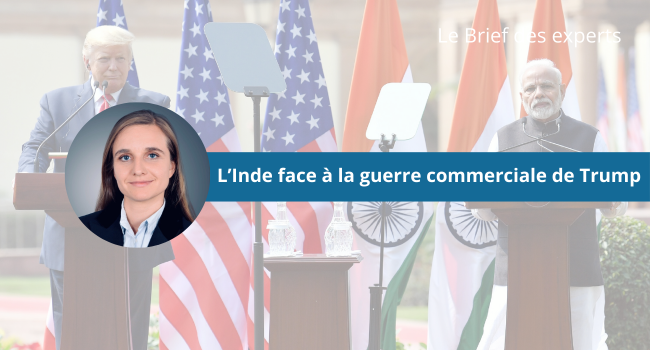
L’Inde face à la guerre commerciale de Trump
Un brief de 30 minutes autour de Sylvia Malinbaum, chercheuse, responsable de la recherche sur l'Inde et l'Asie du Sud au Centre Asie de l'Ifri.
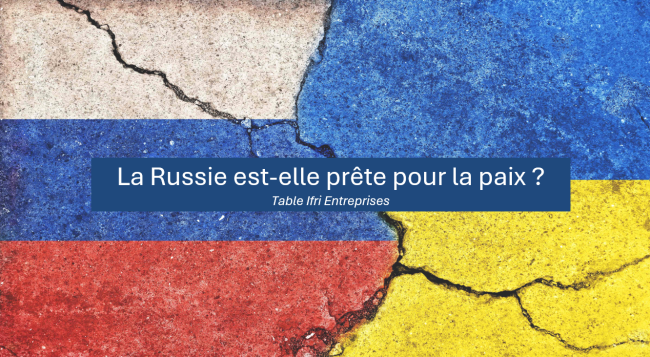
La Russie est-elle prête pour la paix ?
Depuis plus de trois ans, la Russie mène une guerre de haute intensité contre l’Ukraine, qui bénéfice du soutien politique, militaire et financier de l’Occident.


